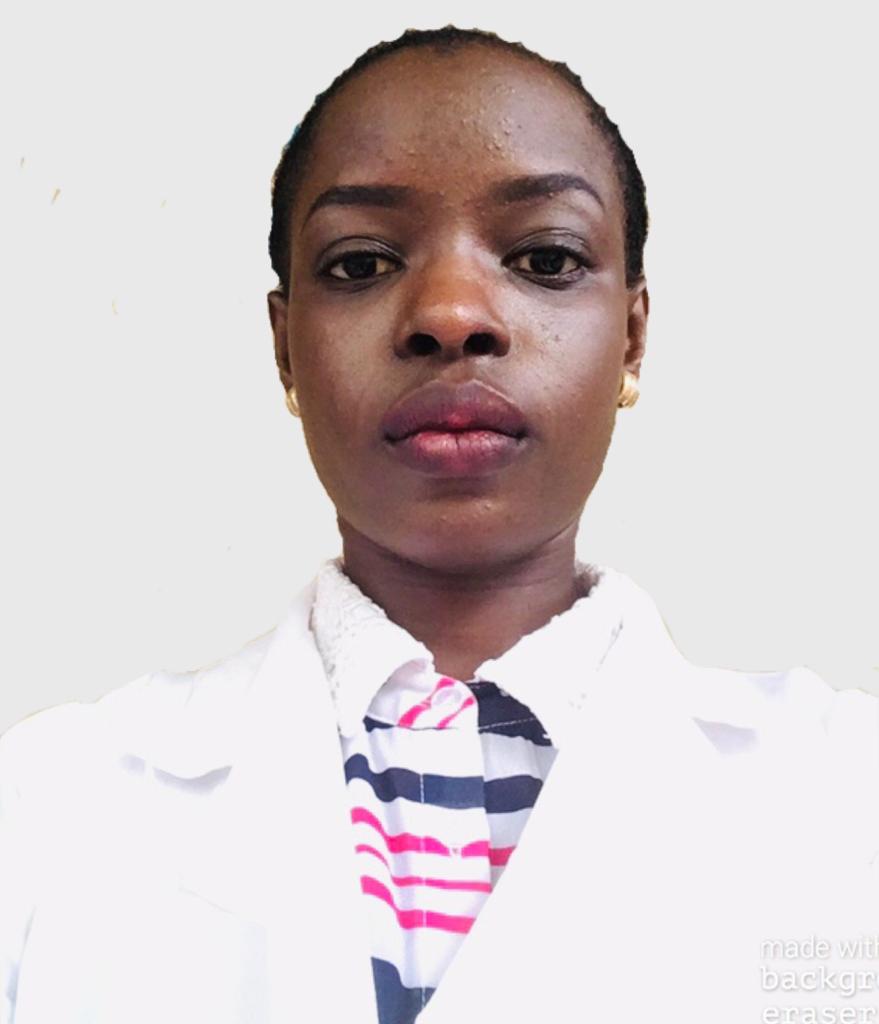
Schizophrenia is a chronic mental illness with an average age of onset from the early 20s to the late 40s however it can also be diagnosed in childhood. A diagnosis of Childhood Onset Schizophrenia (COS) is typically given when the first appearance of symptoms occurs before the age of 13. It can also be observed in children younger than age 6 although this is very rare.
Other diagnosis such as autistic disorder, disintegrative psychosis, pervasive developmental disorders may be considered before childhood onset schizophrenia because it is a considerably rarer diagnosis. Childhood onset schizophrenia can be associated with chromosomal abnormalities.

COS is quite difficult to diagnose and a lot of clinicians may be reluctant to make the diagnosis in children. This is partly because the presentation can be different and although diagnosis is made using the same criteria that is used for diagnosing adult-onset schizophrenia it is difficult to assess reduced level of functioning in children.
Indicators such as hallucination, delusion which form part of the hallmark of diagnosing schizophrenia in adults can be grossly misleading in children. A child with an imaginary friend (which is not uncommon) can be mistaken for psychosis, underdeveloped language skills could also be erroneously tagged as disorganized speech pattern seen in schizophrenia.

Biological and environmental factors play important roles in the aetiology of schizophrenia, whether childhood onset or adult onset. For a set of twins, if both parents have schizophrenia then there is an around 46% chance that the same trait will be found in them if they are monozygotic and 10% chance if they are dizygotic.
As high as 80% of the risk of developing schizophrenia is heritable; it is therefore safe to say that COS as a variant of Adult Onset Schizophrenia has increased familial clustering with a higher incidence of schizophrenia spectrum disorders and other rare variants.

Age and developmental stage also influence the symptoms, course, and outcome of the disorder. So, when parents see what they believe to be signs of schizophrenia in their child, consulting a paediatrician is a good place to start and subsequently child schizophrenia assessment can be done. This would most likely allay their fears because of how rare the disorder is in children.
Key Terms
- Aetiology- Cause of a disease or condition.
- Autistic disorder (or Autistic Spectrum Disorder)- Persistent deficits in social communication and interaction that manifests as (1) impaired socio-emotional interactions (2) poor verbal and nonverbal communication (3) difficulties adjusting behaviour to suit social contexts.
- Delusion- Belief that is firmly held despite contradicting reality.
- Disintegrative psychosis-Also known as Childhood Disintegrating Disorder (CDD) or Heller’s Syndrome. It is a rare condition characterised by a late onset (>3years) of loss of previously acquired skills. These skills include language, social functions, and social skills.
- Dizygotic Twin- Also known as Fraternal or Non-Identical twin. It means a set of twins that develop from separate ova or eggs and fertilised by separate spermatozoa.
- Hallucination- Apparent perceptual experiences in the absence of external stimulus.
- Heredity-Passing of physical or mental characteristics from one generation to another
- Monozygotic Twin- This means a set of twins that develop from an ova/egg fertilised by one sperm that then splits into two.
- Pervasive Developmental Disorders- Refers to a group of disorders characterised by language, social and motor impairments due to delays in development of socialization and communication skills.

Dr Omowunmi H. Thanni is a physician with a medical degree from Olabisi Onabanjo University Ago-Iwoye (Mb.ChB. Ogun). She is an Infant and Childhood Mental Health enthusiast who is passionate about supporting children with mental health concerns.
She is also an Early Childcare practitioner with experience observing children dealing with grief, the various psychosocial presentations, and the impact on their families. She is also a Child and Family Volunteer who serves as a healthy support system for children and families who have experienced the loss of one or both parents to terminal illnesses.
She is devoted to debunking cultural myths surrounding childhood mental health and enlightening the community on proper prevention and intervention strategies.
